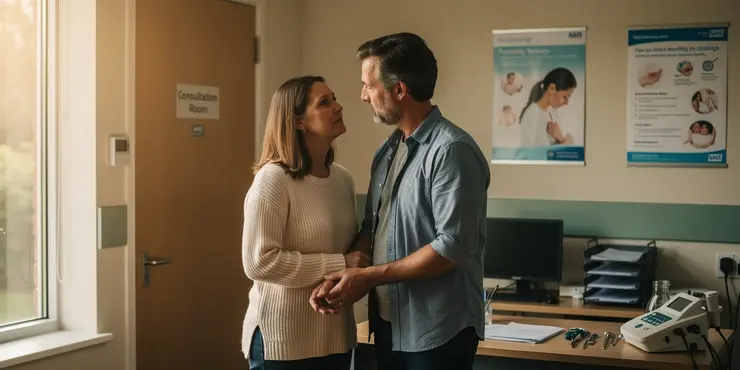
Find Help
More Items From Ergsy search
-
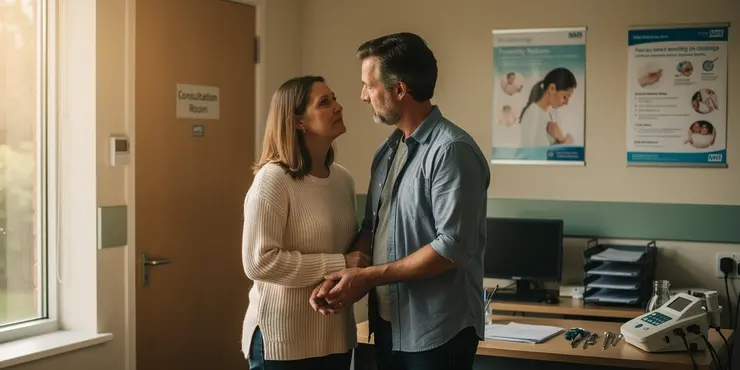
What happens to unused embryos?
Relevance: 100%
-
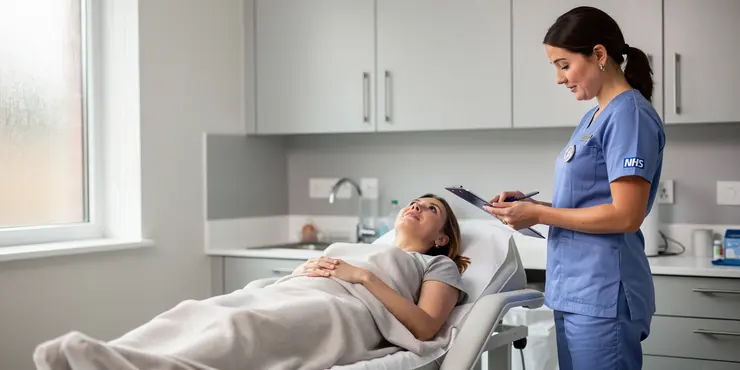
How are embryos transferred during IVF?
Relevance: 50%
-
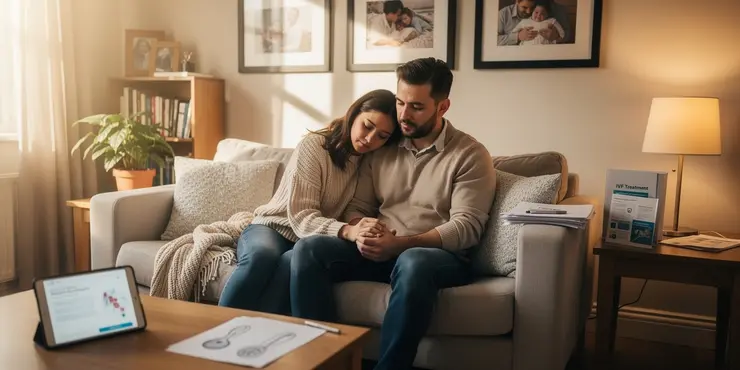
How many embryos are usually transferred in IVF?
Relevance: 48%
-
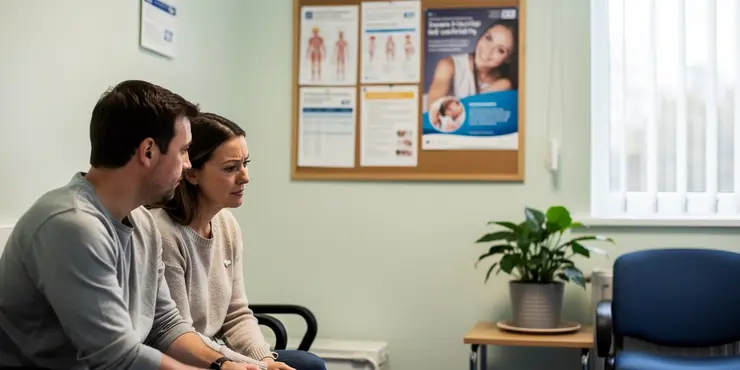
What is IVF?
Relevance: 34%
-
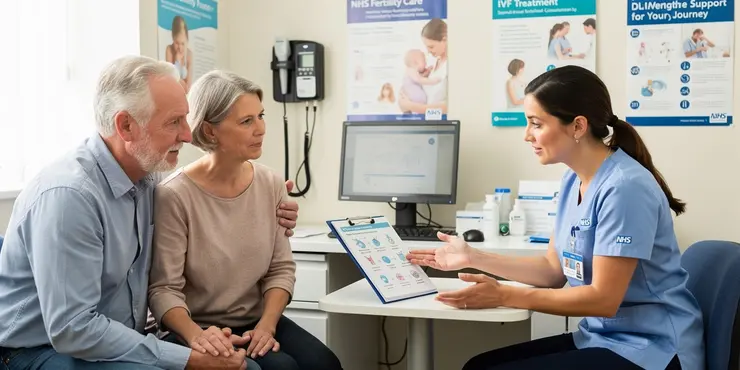
What is IVF and how does it work?
Relevance: 29%
-
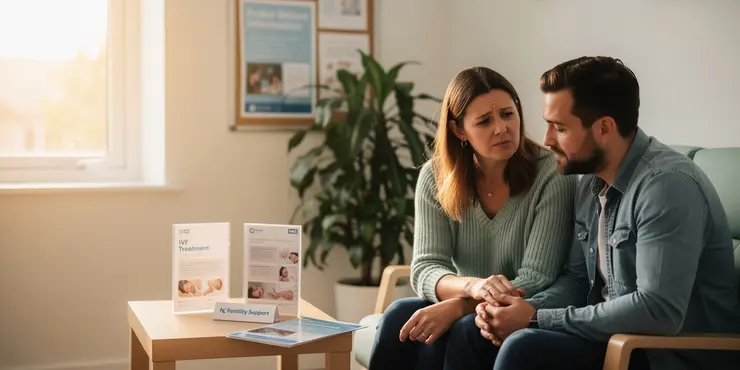
Infertility - IVF Treatment and Patient Information
Relevance: 26%
-
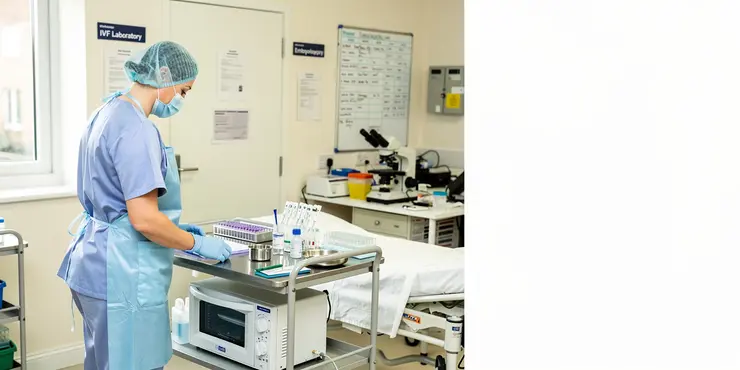
What is the role of the embryologist in IVF?
Relevance: 25%
-

What are the main steps in an IVF cycle?
Relevance: 23%
-
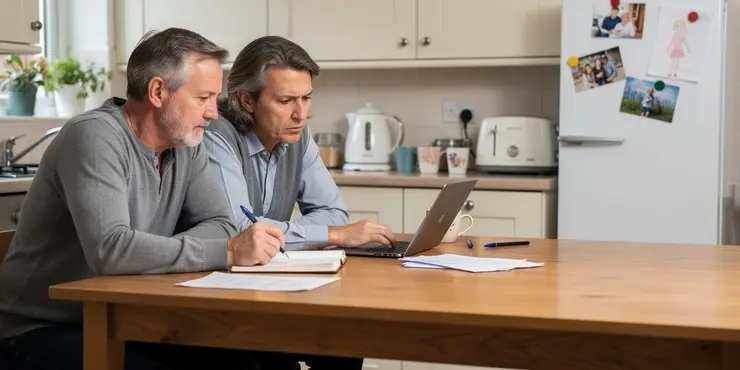
Can unused inheritance tax threshold be transferred?
Relevance: 23%
-

Are there risks associated with IVF?
Relevance: 23%
-
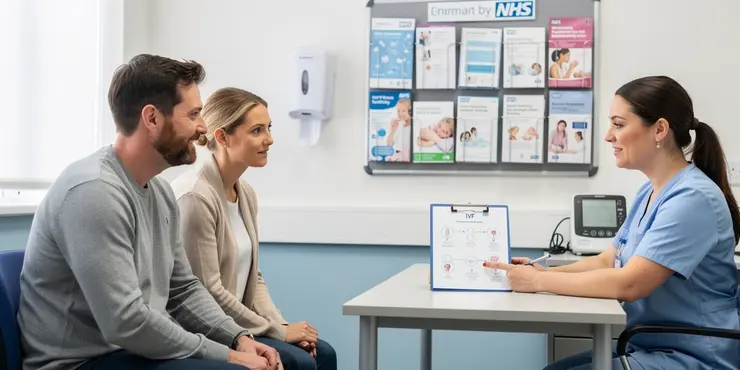
How does IVF work?
Relevance: 23%
-
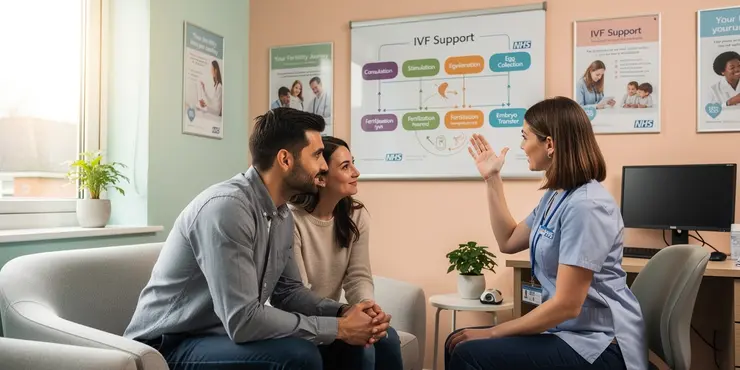
How long does an IVF cycle take?
Relevance: 22%
-

What should I expect during IVF treatment?
Relevance: 22%
-
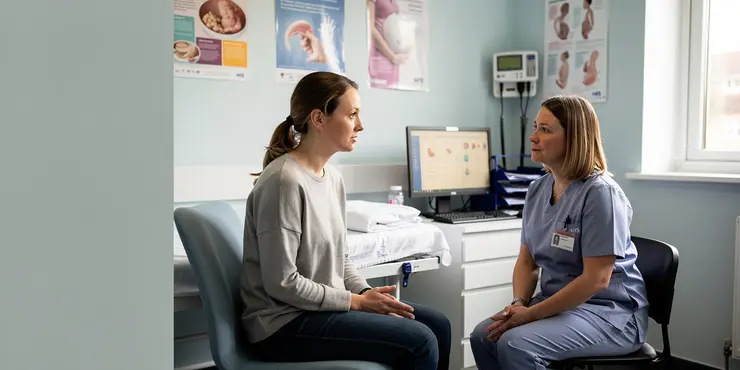
IVF Fertility Treatment from MumsNet
Relevance: 21%
-

Is IVF successful?
Relevance: 17%
-
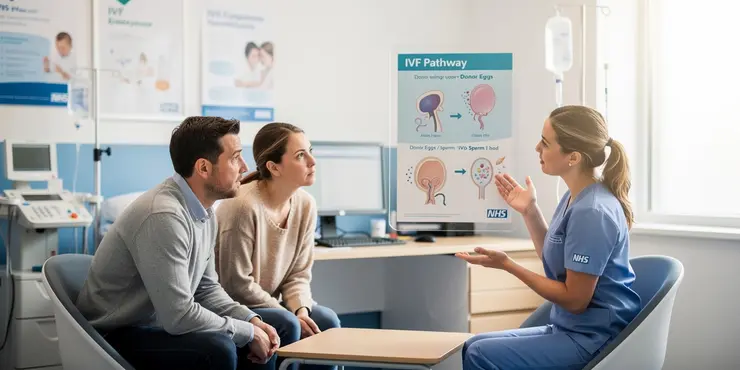
Can IVF be done with donor eggs or sperm?
Relevance: 16%
-
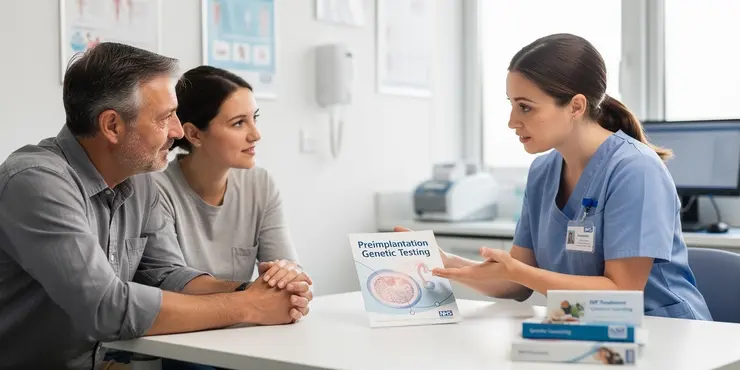
Can IVF be used for gender selection?
Relevance: 16%
-
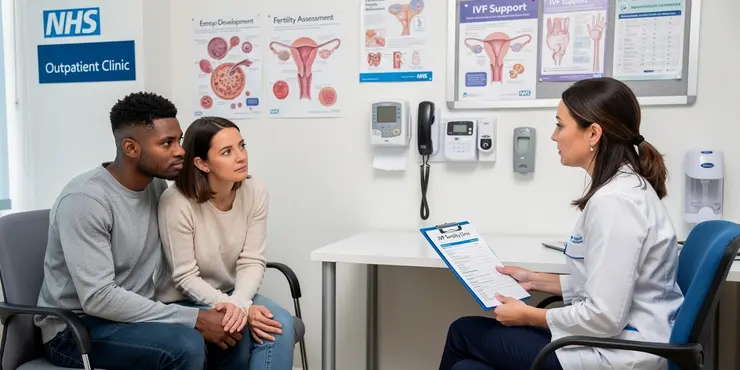
Does IVF guarantee pregnancy?
Relevance: 14%
-
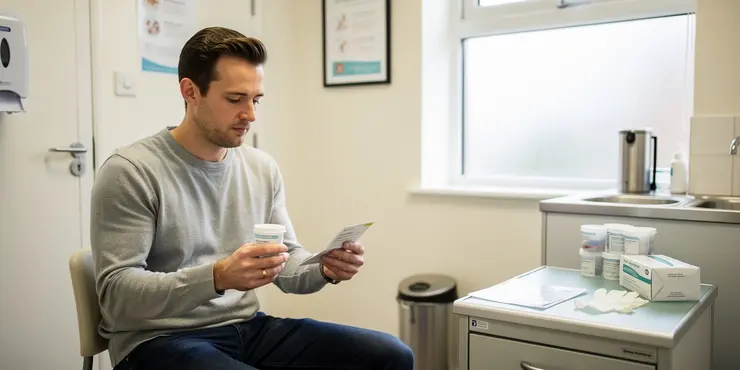
How is the sperm used in IVF?
Relevance: 14%
-
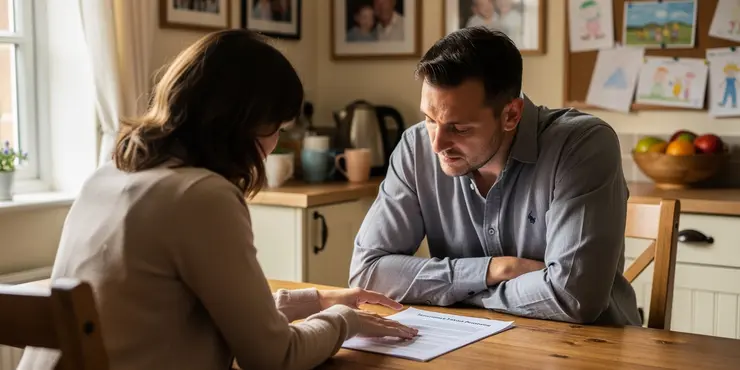
Is there any inheritance tax exemption for spouses or civil partners?
Relevance: 14%
-

Are there any exemptions from inheritance tax?
Relevance: 13%
-
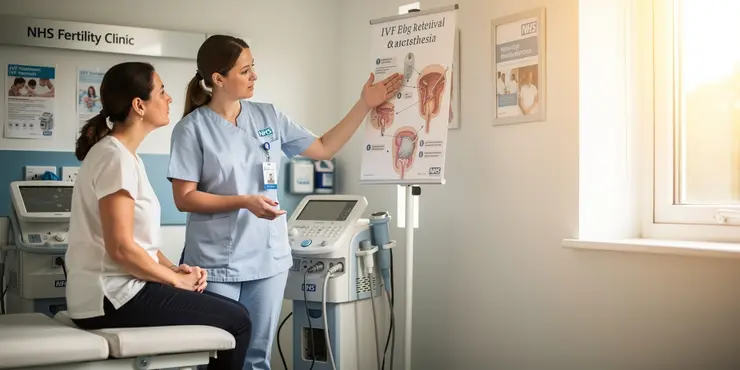
Does IVF require anesthesia?
Relevance: 12%
-
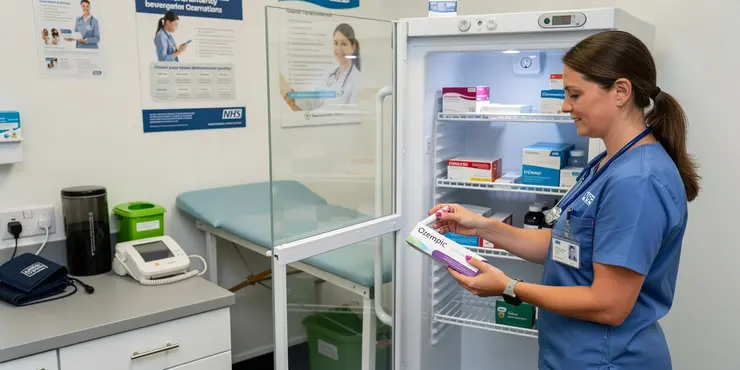
How should Ozempic be stored?
Relevance: 12%
-
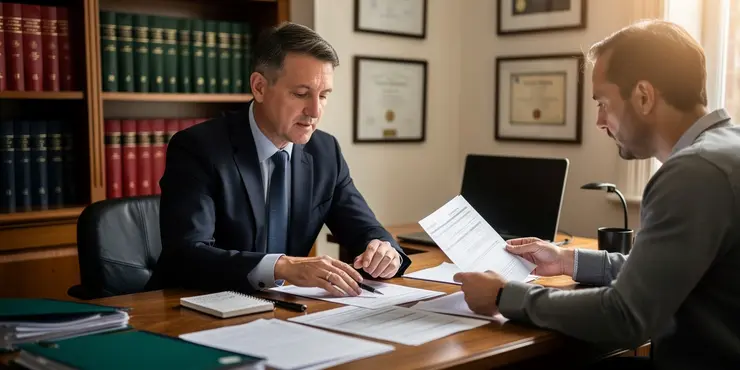
What forms do I need to complete for Inheritance Tax?
Relevance: 10%
-
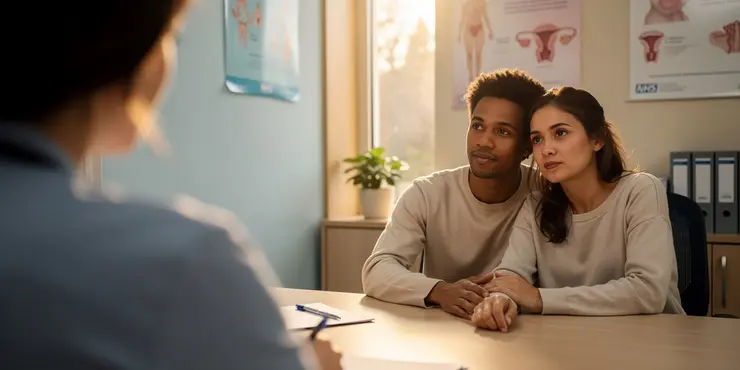
Who might need IVF?
Relevance: 10%
-
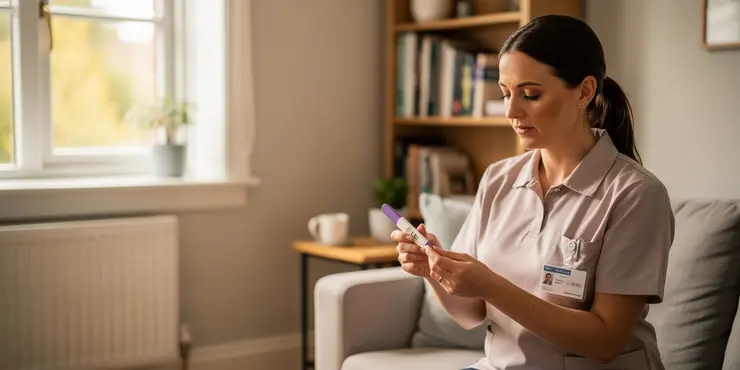
How does a pregnancy test work?
Relevance: 9%
-
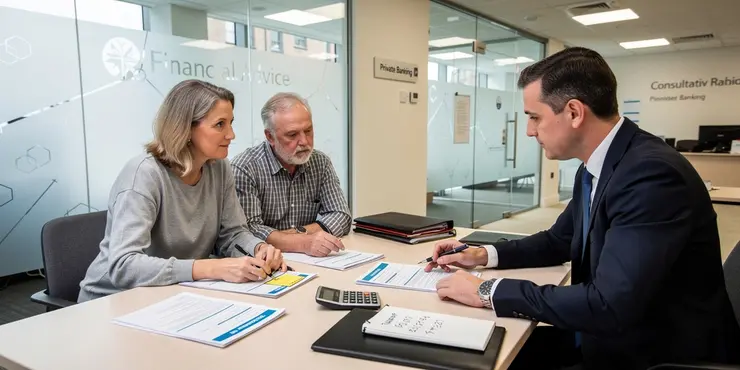
What is the nil rate band in Inheritance Tax?
Relevance: 9%
-

What is the residence nil rate band?
Relevance: 9%
-
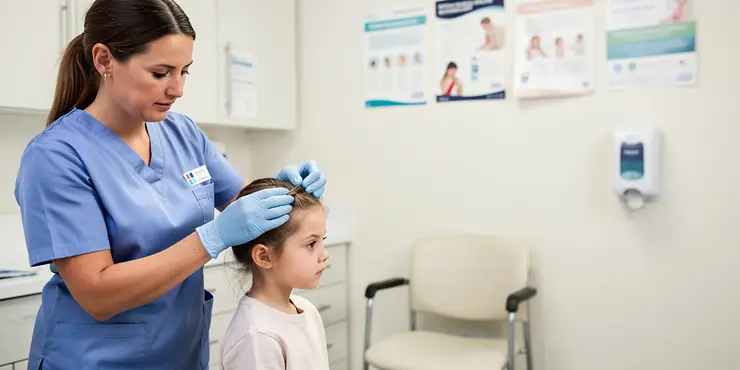
What do nits look like?
Relevance: 9%
-
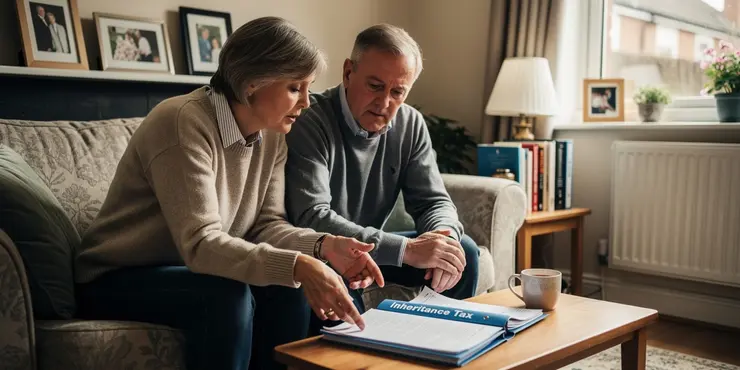
Do spouses have to pay inheritance tax?
Relevance: 8%
-

Do I pay Inheritance Tax on a property I inherit?
Relevance: 8%
-
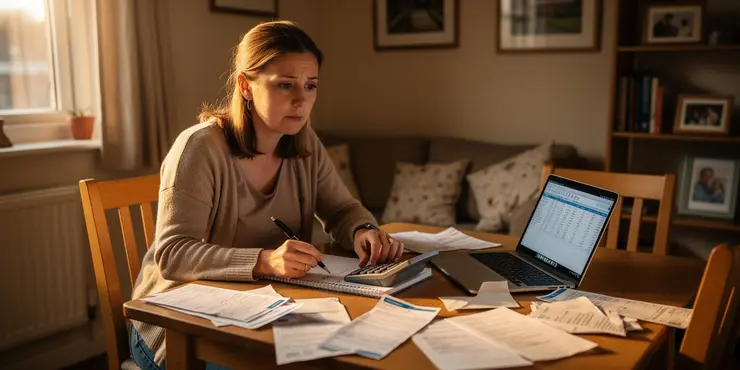
What should I do if my financial situation changes?
Relevance: 8%
-
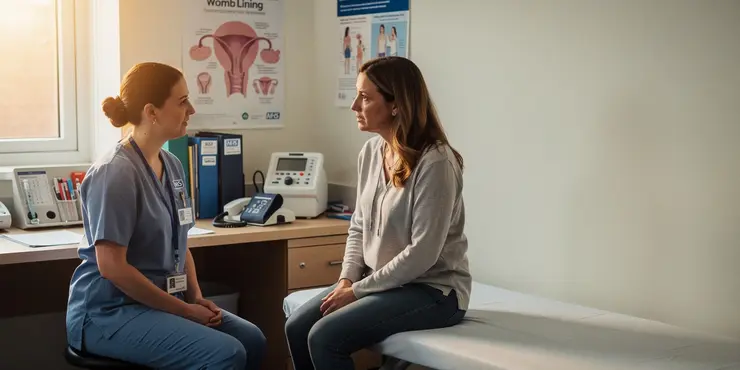
What is the Womb Lining test?
Relevance: 7%
-

How can I plan efficiently to mitigate inheritance tax?
Relevance: 7%
-
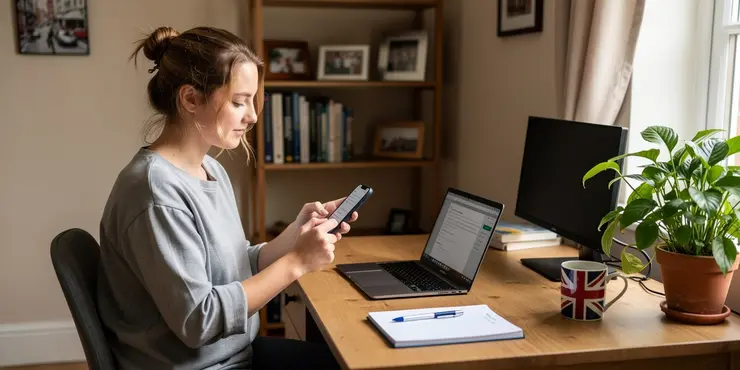
How can I keep my apps secure?
Relevance: 7%
-
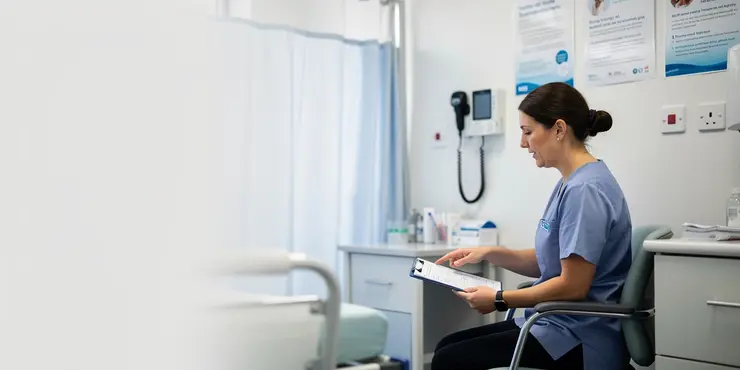
Why might someone need a womb lining test?
Relevance: 7%
-
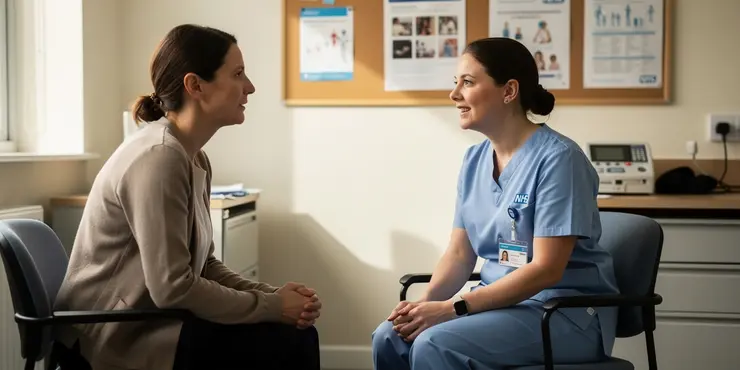
What is the best way to ensure I don't overpay again in the future?
Relevance: 6%
-
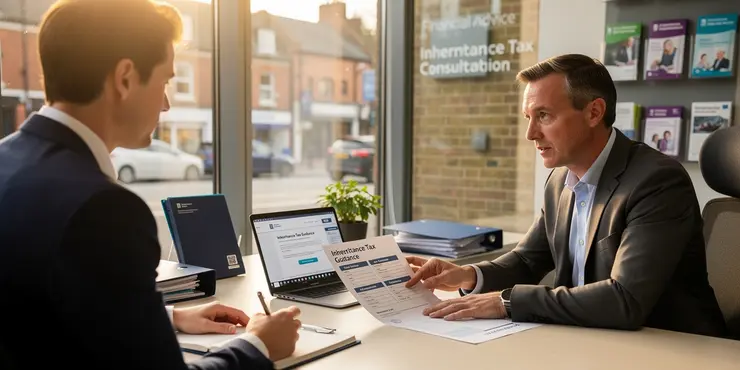
What is the process for paying inheritance tax?
Relevance: 6%
-
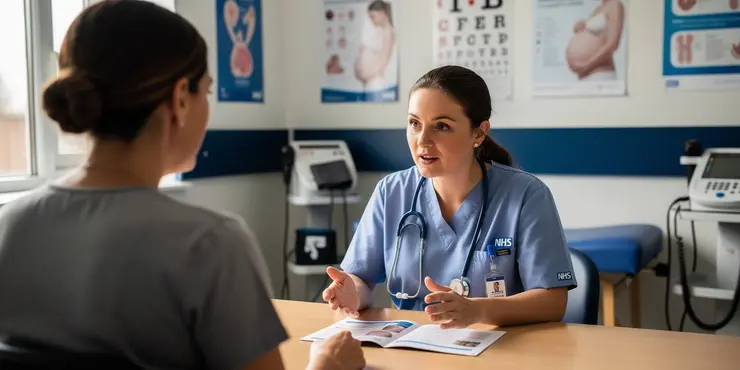
What is congenital rubella syndrome?
Relevance: 6%
-
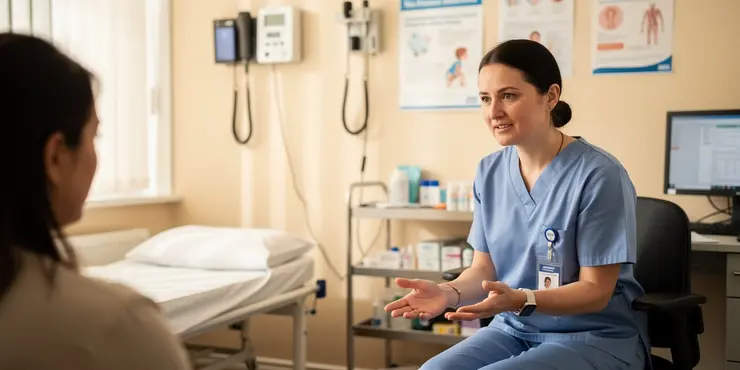
Can a pregnancy test detect a miscarriage?
Relevance: 6%
Introduction to Unused Embryos
In the UK, assisted reproductive technologies such as in vitro fertilisation (IVF) often result in the creation of more embryos than are immediately needed. This process aims to increase the chances of a successful pregnancy. However, it also leads to the dilemma of dealing with unused embryos. Couples and individuals must make important decisions regarding these embryos, influenced by personal, ethical, legal, and emotional factors.
Storage of Embryos
Unused embryos are usually cryopreserved—frozen and stored in specialised facilities. In the UK, the Human Fertilisation and Embryology Authority (HFEA) regulates the storage of these embryos. Initially, embryos can be stored for up to ten years, but this period can be extended under certain circumstances, such as medical need or other valid reasons, up to a maximum of 55 years.
Options for Unused Embryos
Parents with unused embryos have several options. They may choose to continue storing these embryos for future personal use, which allows them to attempt additional pregnancies later. This option is common for those who hope to have more children in the future or for those who want to wait until they are ready.
Donation to Other Couples
Another option is donating embryos to other individuals or couples who are unable to conceive naturally. Embryo donation can be a profoundly meaningful gift, offering recipients the chance to build a family. The decision to donate requires careful consideration as it involves emotional and ethical complexities, as well as consent from all parties involved.
Donation for Research
Unused embryos can also be donated for scientific research. Research using embryos can lead to significant medical advancements, particularly in understanding human development and genetic diseases. However, the use of embryos for research purposes is a regulated activity, and strict guidelines are in place to ensure ethical compliance and respect for the embryos.
Destruction of Embryos
If unused embryos are not stored, donated, or used for research, they may eventually be destroyed. This option can be difficult for some, as it raises complex moral and emotional questions. Consent from the parties who created the embryos is required, and the decision is often made after careful deliberation.
Conclusion
Ultimately, deciding what to do with unused embryos is a deeply personal choice. It involves considering the potential future use, ethical beliefs, and the impact on the parties involved. UK regulations strive to support individuals and couples in making these choices, ensuring that the decisions are made ethically and sensitively. With various options available, individuals can choose the path that aligns best with their circumstances and beliefs.
Introduction to Extra Embryos
In the UK, when people use special medical help to have babies, like IVF, they often make more embryos than they need right away. This is to help them have a better chance of getting pregnant. But this also means there are extra embryos left over. People need to decide what to do with these extra embryos. These decisions are important and can be affected by what people believe, the law, and their feelings.
Keeping Embryos Safe
Extra embryos are usually frozen and kept safe in special places. In the UK, there is a group called the HFEA that makes rules about how these embryos are stored. Normally, embryos can be kept for 10 years, but sometimes they can be kept longer, up to 55 years, if there are good reasons.
Choices for Extra Embryos
Parents who have extra embryos have several choices. They can keep them stored for themselves to use later. This means they can try to have more babies in the future when they are ready.
Giving Embryos to Other People
Parents can choose to give their extra embryos to other people who can't have babies on their own. Giving embryos to others can be a wonderful gift, helping others to start a family. This choice needs to be thought about carefully because it involves feelings and getting permission from everyone involved.
Donating Embryos for Science
Extra embryos can also be given to help with science research. Research with embryos can help doctors learn more about how people grow and about some illnesses. Using embryos for science is a serious thing, so there are strict rules to make sure it is done right and respectfully.
Choosing to Let Embryos Go
If embryos are not kept, given to other people, or used for research, they might be let go. This means they won't be used anymore. This choice can be hard for some people because it's a big decision that involves feelings. Everyone who made the embryos must agree to this choice, and they often think a lot before deciding.
Ending Thoughts
Deciding what to do with extra embryos is very personal. People need to think about future plans, their beliefs, and how it affects everyone involved. In the UK, there are rules to help people make these decisions in a careful and kind way. There are different paths to choose from, so everyone can pick what feels right for them.
Frequently Asked Questions
What are unused embryos?
Unused embryos are fertilized eggs created during IVF treatment that are not implanted in the uterus.
Why do unused embryos exist?
Embryos may remain unused if more embryos are created than needed, there are changes in the patient's plans, or treatment is unsuccessful.
What options are available for unused embryos?
Options include donation to other families, donation to research, thawing and discarding, or continued storage.
Can unused embryos be donated to other couples?
Yes, unused embryos can be donated to other couples wishing to conceive if legal and medical requirements are met.
Is it possible to donate unused embryos for research?
Yes, embryos can be donated to research institutions for scientific studies or stem cell research.
How are unused embryos discarded?
Unused embryos can be thawed and allowed to expire naturally or disposed of through medical waste management services.
What legal considerations are involved with unused embryos?
Legal considerations include agreements with fertility clinics and specific laws in certain jurisdictions about embryo disposition.
Can unused embryos remain in storage indefinitely?
Embryos can be stored for many years, but storage agreements may have expiration periods requiring decisions about their future.
What are the costs associated with storing unused embryos?
Storing embryos typically incurs annual fees, which vary depending on the fertility clinic or storage facility.
How is the decision made regarding the fate of unused embryos?
Decisions about unused embryos often involve medical guidance, counseling, and agreements made before IVF treatment.
What ethical issues arise with unused embryos?
Ethical issues may include debates over the moral status of embryos, consent, and implications of research or donation.
Can unused embryos be used for stem cell research?
Yes, they can be used for stem cell research to advance medical knowledge and develop potential therapies.
Are there any emotional impacts associated with unused embryos?
Yes, deciding the fate of unused embryos can be emotionally challenging for individuals and couples involved.
Can unused embryos be preserved by cryopreservation?
Yes, cryopreservation is the process used to freeze and store embryos for future use.
What happens if storage fees for unused embryos are not paid?
Non-payment of storage fees may lead to the disposal of embryos if no other arrangements are made.
Is there a time limit for deciding what to do with unused embryos?
Time limits may vary by clinic and jurisdiction, but some agreements require decisions after a specific period.
Who has the final say in the disposition of unused embryos?
Typically, the individuals or couples who created the embryos have the final say, within legal and contractual boundaries.
Can unused embryos be used for educational purposes?
Yes, they can be donated for educational purposes, such as training future medical professionals.
What role do fertility clinics play in managing unused embryos?
Fertility clinics manage storage, facilitate decisions about embryo disposition, and ensure compliance with legal and ethical guidelines.
How is consent handled when donating unused embryos?
Informed consent is required, ensuring all parties understand implications and agree to the terms of donation.
What are unused embryos?
An embryo is a very tiny baby at the very start of life. Sometimes, people make embryos for having a baby in the future, but they do not use all of them.
When they do not use some of the embryos, we call them "unused embryos".
To understand better, you can use pictures or talk with someone who knows about it.
Unused embryos are tiny fertilized eggs made during IVF treatment. They are not placed inside the womb.
Why are there extra embryos?
Sometimes, when people want to have a baby, they need help from doctors. This is called IVF, which means mixing eggs and sperm in a lab. Doctors make more embryos than they need for one try.
After the treatment, some embryos are left over and not used. These are called extra embryos.
If you find this hard to read, you can ask someone to read it with you. You can also use a computer or a phone to read it out loud.
Sometimes there are extra embryos. This can happen if people make more embryos than they need, if they change their plans, or if the treatment doesn't work.
What can we do with extra embryos?
You can choose to:
- Give to another family
- Help research and science
- Defrost and throw away
- Keep in storage
Try using a highlighter to mark each option. This can help you see and understand them better. If you need help, you can ask someone to read it with you.
Can people give unused embryos to other couples?
Sometimes, people have extra embryos from fertility treatments.
They might not need these embryos and can choose to give them to other couples who want to have a baby.
This is called "embryo donation."
Embryo donation is a way to help others have a family.
If you want to know more about this, you can ask a doctor or a fertility expert.
Yes, people can give embryos they don't use to other people who want to have a baby, but there are some rules and check-ups that have to be done first.
Can you give unused embryos to help scientists learn?
Yes, you can give embryos that you are not using to scientists. This helps them learn new things.
If you want to do this, talk to experts at a clinic. They will help you and answer your questions. You can also ask for help from a family member or friend.
Yes, people can give embryos to science labs. These labs use them for learning and stem cell work.
What happens to unused embryos?
Sometimes, there are extra embryos that are not needed. These are tiny cells made when people want to have a baby.
If these embryos are not used, there are ways to get rid of them:
- They can be thrown away safely.
- They can be used to help in science research.
- If the people agree, they can be given to others who want a baby.
If you find this hard to understand, you can ask someone to help explain it more.
If there are embryos that are not used, they can be unfrozen. Then, they can either be let go in a natural way or carefully thrown away like other medical waste.
What are the legal rules for unused embryos?
If you have unused embryos, there are some important rules to think about:
- Ask for help: Talk to a lawyer to understand the rules. They can explain what you need to do.
- Written agreement: Make sure you have a written plan. This plan should say what happens to the embryos.
- Follow the law: Different places have different rules. Check what the law says where you live.
- Think about donating: Some people choose to donate their embryos to help others. Learn what this means and decide if it's right for you.
Using tools like simple language and pictures can help you understand better. You can also ask someone to explain things if you need help.
There are rules and agreements with clinics that help people have babies. There are also special laws in some places about what happens to embryos, which are tiny beginnings of babies.
Can unused embryos stay in storage forever?
Some families have unused embryos from fertility treatments. These embryos can be stored in special freezers.
How long they can stay there varies:
- Some places have rules about how long embryos can stay frozen. This is often for many years.
- Families can decide what to do with the embryos. They might keep them, donate them, or dispose of them.
If you need help, you can use tools like text readers that read the words to you or picture dictionaries to explain words.
You can keep embryos for a long time. But sometimes, there are rules about how long they can be stored. You might need to decide what to do with them later.
How much does it cost to keep embryos that are not used?
Keeping embryos safe costs money every year. The amount you pay can be different depending on where you store them.
What happens to embryos that are not used?
When people have extra embryos they don't use, they usually talk to doctors and counselors to help make decisions. They also plan what to do with these embryos before starting IVF treatment.
What are the problems with embryos that are not used?
Some people have extra embryos from medical treatment. These embryos are often kept in storage. There are important questions about what to do with them. Here are some things to think about:
- Who decides? - Who can say what happens to the embryos?
- Donate or destroy? - Should they be given for research or destroyed?
- Feelings: - How do people feel about the embryos?
Here are some ways to understand the topic better:
- Talk to experts: - Ask doctors or scientists for help.
- Seek support: - Discuss feelings with family or counselors.
Some people think there are problems with what's right or wrong when it comes to working with embryos. They might worry about if it's okay to use them, if everyone agrees to it, and what happens after the research.
Can we use leftover embryos for stem cell studies?
Sometimes there are leftover embryos from medical treatments. Scientists can use these to study stem cells. Stem cells help us learn about diseases and can lead to new treatments.
If you would like help with reading, you can:
- Ask someone to read with you.
- Use special tools that read text out loud.
- Break down sentences into smaller parts.
Yes, we can use them to learn more about stem cells. This can help us make new treatments for people who are sick.
Do unused embryos make people feel sad or upset?
- Unused embryos are when extra fertilized eggs are not needed.
- People might feel sad, confused, or worried about unused embryos.
- Talking to someone who understands, like a counselor, can help.
- Drawing or writing about feelings can also help.
Yes, choosing what to do with extra embryos can be hard for people and couples.
Can we freeze and keep unused embryos?
Yes, cryopreservation is when doctors freeze and keep embryos safe so they can be used later.
What happens if you don't pay for storing embryos you don't use?
If you do not pay for storing embryos, they might be thrown away unless you make other plans.
Do I have to decide by a certain time what to do with extra embryos?
If you have extra embryos, you need to decide what to do with them. There might be a deadline to make this choice.
To help, you can:
- Ask a doctor for advice.
- Talk with family or friends.
- Write down your options and thoughts.
The time you have can be different depending on where you are. Some places have rules about how long you can take to decide.
Who decides what happens to leftover embryos?
When there are extra embryos, who makes the final choice about what to do with them? Here are some tips to help you understand:
- Keep sentences short and simple.
- Use pictures or diagrams to help explain ideas.
- Ask someone you trust to explain words you find hard.
- Use online tools that read text out loud.
The people who made the embryos usually decide what happens to them. They must follow the law and any written agreements.
Can leftover embryos be used for teaching?
Sometimes, there are tiny embryos left after medical treatments. This means they are not used for making a baby. People ask if these leftover embryos can be used to learn new things in science. This is an important question.
If you want to know more or need help understanding, you can:
- Ask a teacher or someone you trust to explain it.
- Use picture books and videos to learn about science and embryos.
- Try using apps or websites that explain things in easy language.
Yes, you can give them to schools to help teach future doctors and nurses.
What do fertility clinics do with extra embryos?
Fertility clinics help people who want to have babies. They take care of frozen embryos (tiny beginnings of babies). They help parents decide what to do with these embryos and make sure everything follows the rules and is fair.
How do we get permission to donate extra embryos?
Before donating, everyone must know what's going to happen. Everyone has to say "yes" to what they understand and agree to.
Useful Links
This website offers general information and is not a substitute for professional advice.
Always seek guidance from qualified professionals.
If you have any medical concerns or need urgent help, contact a healthcare professional or emergency services immediately.
Some of this content was generated with AI assistance. We’ve done our best to keep it accurate, helpful, and human-friendly.
- Ergsy carfully checks the information in the videos we provide here.
- Videos shown by Youtube after a video has completed, have NOT been reviewed by ERGSY.
- To view, click the arrow in centre of video.
- Most of the videos you find here will have subtitles and/or closed captions available.
- You may need to turn these on, and choose your preferred language.
- Go to the video you'd like to watch.
- If closed captions (CC) are available, settings will be visible on the bottom right of the video player.
- To turn on Captions, click settings .
- To turn off Captions, click settings again.
More Items From Ergsy search
-

What happens to unused embryos?
Relevance: 100%
-

How are embryos transferred during IVF?
Relevance: 50%
-

How many embryos are usually transferred in IVF?
Relevance: 48%
-

What is IVF?
Relevance: 34%
-

What is IVF and how does it work?
Relevance: 29%
-

Infertility - IVF Treatment and Patient Information
Relevance: 26%
-

What is the role of the embryologist in IVF?
Relevance: 25%
-

What are the main steps in an IVF cycle?
Relevance: 23%
-

Can unused inheritance tax threshold be transferred?
Relevance: 23%
-

Are there risks associated with IVF?
Relevance: 23%
-

How does IVF work?
Relevance: 23%
-

How long does an IVF cycle take?
Relevance: 22%
-

What should I expect during IVF treatment?
Relevance: 22%
-

IVF Fertility Treatment from MumsNet
Relevance: 21%
-

Is IVF successful?
Relevance: 17%
-

Can IVF be done with donor eggs or sperm?
Relevance: 16%
-

Can IVF be used for gender selection?
Relevance: 16%
-

Does IVF guarantee pregnancy?
Relevance: 14%
-

How is the sperm used in IVF?
Relevance: 14%
-

Is there any inheritance tax exemption for spouses or civil partners?
Relevance: 14%
-

Are there any exemptions from inheritance tax?
Relevance: 13%
-

Does IVF require anesthesia?
Relevance: 12%
-

How should Ozempic be stored?
Relevance: 12%
-

What forms do I need to complete for Inheritance Tax?
Relevance: 10%
-

Who might need IVF?
Relevance: 10%
-

How does a pregnancy test work?
Relevance: 9%
-

What is the nil rate band in Inheritance Tax?
Relevance: 9%
-

What is the residence nil rate band?
Relevance: 9%
-

What do nits look like?
Relevance: 9%
-

Do spouses have to pay inheritance tax?
Relevance: 8%
-

Do I pay Inheritance Tax on a property I inherit?
Relevance: 8%
-

What should I do if my financial situation changes?
Relevance: 8%
-

What is the Womb Lining test?
Relevance: 7%
-

How can I plan efficiently to mitigate inheritance tax?
Relevance: 7%
-

How can I keep my apps secure?
Relevance: 7%
-

Why might someone need a womb lining test?
Relevance: 7%
-

What is the best way to ensure I don't overpay again in the future?
Relevance: 6%
-

What is the process for paying inheritance tax?
Relevance: 6%
-

What is congenital rubella syndrome?
Relevance: 6%
-

Can a pregnancy test detect a miscarriage?
Relevance: 6%


